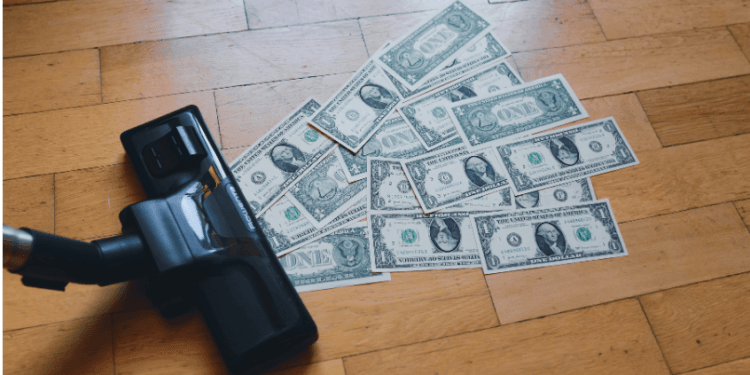Paying off debt is a major financial goal for many people, but it’s not always an easy journey. Whether you’re dealing with credit card balances, student loans, or personal debt, avoiding common mistakes can make the process smoother and more successful. In this guide, we’ll highlight the top mistakes to avoid when tackling your debt and share tips for staying on track.
1: Not Having a Clear Plan
One of the biggest mistakes people make when paying off debt is not having a clear strategy. Without a plan, it’s easy to pay random amounts toward different debts without making real progress.
- Choose a debt repayment method:
- Snowball Method: Pay off the smallest debt first to gain momentum.
- Avalanche Method: Focus on debts with the highest interest rates to save money over time.
- Create a monthly payment schedule and stick to it.
Having a focused plan ensures every dollar you put toward your debt works for you, not against you.
2: Ignoring Interest Rates
Many people underestimate how much high-interest rates impact their debt repayment. If you’re only making minimum payments on high-interest credit cards, your debt can grow faster than you can pay it off.
- Prioritize high-interest debts in your repayment plan.
- Look into balance transfers or debt consolidation loans to lower your interest rates.
- Avoid taking on new debt while you’re paying off existing balances.
You’ll save hundreds or even thousands of dollars in interest by tackling high-interest debt first.
3: Paying Only the Minimum
Paying the minimum amount due on your debt might seem manageable, but it’s a trap that keeps you in debt for years. Minimum payments barely dent your balance because they mostly cover interest.
- Always aim to pay more than the minimum each month.
- Set a target payment amount based on your budget.
- Donnel extra income toward your debt—like bonuses, tax refunds, or side hustle earnings.
Small extra payments can accelerate your progress and reduce the overall cost of your debt.
4: Not Adjusting Your Spending Habits
If you don’t address the habits that got you into debt, you’ll struggle to escape it. Overspending, impulse purchases, and living beyond your means can undo your hard work.
- Track your spending to identify problem areas.
- Create a realistic budget that includes debt payments.
- Cut back on unnecessary expenses like dining out, subscriptions, or shopping.
Changing your mindset about money will set you up for long-term financial success.
5: Skipping Your Emergency Fund
Many people focus so hard on paying off debt that they ignore saving for emergencies. Without an emergency fund, unexpected expenses can force you to rely on credit cards and undo your progress.
- Start with a small emergency fund of $1,000.
- Gradually grow your savings to cover 3-6 months of expenses.
- Continue making regular debt payments while contributing to savings.
Having an emergency fund ensures you don’t have to go further into debt when life throws you a curveball.
6: Not Seeking Professional Advice
Sometimes, tackling debt on your own can feel overwhelming, especially if you’re juggling multiple balances or struggling to make progress. Professional advice can provide clarity and tailored strategies for your situation.
- Speak with a financial advisor who specializes in debt repayment.
- Research options like credit counseling or debt management programs.
- Stay informed by following trusted financial experts.
Matthew J. Dixon, RFC, in the news, often highlights the importance of seeking guidance when managing debt, offering practical advice on building a sustainable financial plan.
7: Taking on New Debt While Paying Off Old Debt
It’s easy to slip into old habits, like using credit cards or loans, even as you’re working to pay down debt. Taking on new debt slows your progress and keeps you trapped in the cycle.
- Use cash or debit cards to avoid new credit charges.
- Put a freeze on credit cards to remove the temptation.
- Focus on living within your means while paying off debt.
Breaking the debt cycle requires discipline and a commitment to financial freedom.
Conclusion
Paying off debt is a challenge, but avoiding these mistakes can make your journey faster and less stressful. By creating a clear plan, tackling high-interest debt, and building better financial habits, you can take control of your money and enjoy the freedom of living debt-free.
Remember, progress is progress—even small steps add up over time. Stay focused, be patient, and celebrate your wins along the way!




